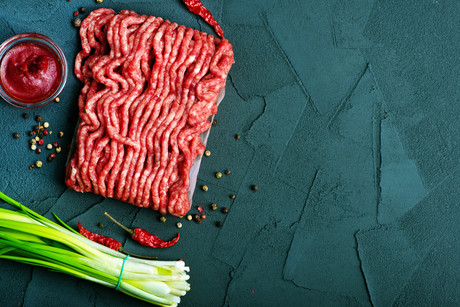Microwave technology may increase safety of red meat

Scientists are testing microwave technology which may help eradicate consumer fears over the food safety of rare meat in the future.
Independent trials of this technology, funded by Meat & Livestock Australia (MLA), are being carried out in response to the rising popularity of eating undercooked red meat.
Originally developed in the US as an industrial heating process for non-organic materials, the technology has now been extended to the food industry. The microwave process takes less than one second and can significantly decrease the amount of bacteria in meat, such as E. coli.
According to MLA Program Manager – Market Access Science and Technology Dr Ian Jenson, consumers expect and trust restaurants to deliver safe food products.
“Government regulations also require meat to be completely free of harmful microorganisms. We have been working towards these outcomes for a number of years and these latest trial results are positive in that we now have a technology that is capable of achieving both of these,” he explained.
“The results are equivalent to the pasteurisation process for milk, which makes it a better technology than everything except irradiation, which is not acceptable to most consumers.”
Food irradiation is the process of exposing food to ionising radiation to reduce or eliminate microorganisms and therefore improve the safety and extend shelf life. While research has proven this is a safe food processing method, it has negative connotations among consumers who assume this makes the food radioactive.
The initial results of the trials for the microwave technology have been positive, but Dr Jenson suggested more research needs to be done before it can be applied to the meat processing sector.
“This is a significant milestone in our efforts to improve the efficiency of processing, and ensuring acceptability and premium pricing for our product in all markets,” said Dr Jenson.
“Further research and development work will now occur through MLA’s subsidiary company — MLA Donor Company (MDC) — and will utilise funds from technology developers rather than red meat industry levies.”
Refrigerant guide for heat pump selection
The Australian Alliance for Energy Productivity has developed a refrigerant guide for heat pumps...
Call for comment on use of a nutritive substance in infant formula
Food Standards Australia New Zealand (FSANZ) is calling for comment on an application to permit...
GM-sourced processing aid for brewed beverages, call for comment
Food Standards Australia New Zealand (FSANZ) is calling for comment on a GM-sourced processing...











